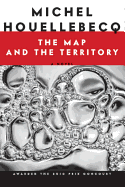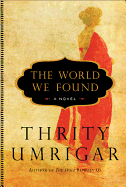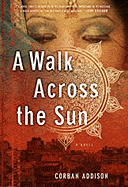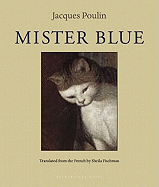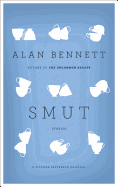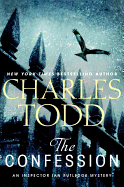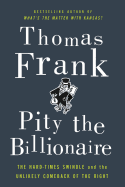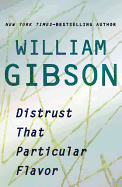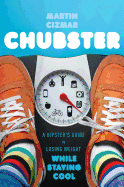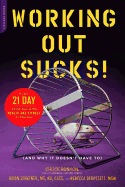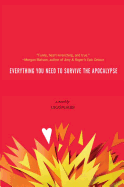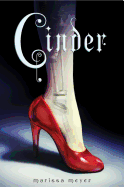Art and Healing: Why We Create
 Recently, I attended a genocide conference that included a film called Beyond the Deadly Pit, produced and directed by Rwandan genocide survivor Gilbert Ndahayo. It documents confronting his father's killer during gacaca, the traditional court used to try "lesser" perpetrators of the 1994 genocide. Ndahayo said, "If one wants to be healed from the sickness, he must talk about it to the world. For 12 years, I lived with the remains of about 200 unpeaceful dead in my parents' backyard." I found the film so profoundly moving that I could not rise from my chair. Even now, writing this, I cannot prevent the tears. During the post-film q&a, I asked Ndahayo if making the film had facilitated healing. He said simply, "No."
Recently, I attended a genocide conference that included a film called Beyond the Deadly Pit, produced and directed by Rwandan genocide survivor Gilbert Ndahayo. It documents confronting his father's killer during gacaca, the traditional court used to try "lesser" perpetrators of the 1994 genocide. Ndahayo said, "If one wants to be healed from the sickness, he must talk about it to the world. For 12 years, I lived with the remains of about 200 unpeaceful dead in my parents' backyard." I found the film so profoundly moving that I could not rise from my chair. Even now, writing this, I cannot prevent the tears. During the post-film q&a, I asked Ndahayo if making the film had facilitated healing. He said simply, "No."
And yet, he made the film, and he continues to make films. Why? Why does anyone who has lived through unspeakable horrors decide to shape these events into art? Why do those of us who have not lived them still feel compelled to give them voice? Perhaps the answer is that it is not a choice; it feels as necessary as drawing breath or putting one foot in front of the other. In Terezín concentration camp, prisoners were allowed artistic expression, and reading the testimony of survivors, one sees over and over that artistic expression provided nourishment, strength and hope. It was the one form of defiance left to them. In Auschwitz, prisoners risked execution to document their lives.
At the end of my conference session, a Rwandan survivor approached me to say that she belonged to a group of women who were writing their experiences, and they wanted help to write them in English. At that same session, there had been a genocide denier who attempted to disrupt the talks. Seeing the bright light of defiance in this survivor's eyes, it occurred to me that artistic expression is fundamentally a form of survival. Perhaps it cannot "cure a sickness," but it is a way to perpetuate life, and as such, to create beauty out of the horror. --Naomi Benaron, author of Running the Rift (Algonquin, January 17, 2012)
A bonus: poems by Naomi's dog: Three by Scout.



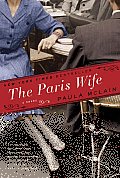 One of the novels appearing on many top 10 lists for 2011 is Paula McLain's The Paris Wife, an exploration of the marriage of Hadley Richardson and Ernest Hemingway. She was his first wife; they were young, it was the '20s, they lived well in Paris on very little money and what could be finer? We see through Hadley's eyes Hemingway's devils: he was a hypochondriac, afraid of the dark, shell-shocked and superstitious--quite the opposite of the usual picture of swaggering machismo. Hadley's time with Ernest gives him a less titanic, more human side. He said near the end of his life: "I wish that I had never left Hadley."
One of the novels appearing on many top 10 lists for 2011 is Paula McLain's The Paris Wife, an exploration of the marriage of Hadley Richardson and Ernest Hemingway. She was his first wife; they were young, it was the '20s, they lived well in Paris on very little money and what could be finer? We see through Hadley's eyes Hemingway's devils: he was a hypochondriac, afraid of the dark, shell-shocked and superstitious--quite the opposite of the usual picture of swaggering machismo. Hadley's time with Ernest gives him a less titanic, more human side. He said near the end of his life: "I wish that I had never left Hadley."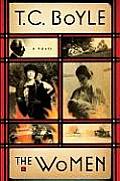 In The Women by T.C. Boyle, we find out what an unregenerate womanizer Frank Lloyd Wright was. He left his first wife, Kitty, and their six children to take up with Mamah Cheney. Next came Miriam, a drug-addicted nutcase who sued him and vilified him in public. Then Olgivanna became pregnant while Wright was still married to Miriam. We know a great deal about how he changed the face of American architecture; here we get a well-rounded view of the man himself.
In The Women by T.C. Boyle, we find out what an unregenerate womanizer Frank Lloyd Wright was. He left his first wife, Kitty, and their six children to take up with Mamah Cheney. Next came Miriam, a drug-addicted nutcase who sued him and vilified him in public. Then Olgivanna became pregnant while Wright was still married to Miriam. We know a great deal about how he changed the face of American architecture; here we get a well-rounded view of the man himself. The Women Jefferson Loved by Virginia Scharff gives us Jefferson in the context of his time, whether we like it or not. These days, we see Jefferson's dalliance with Sally Hemings as an abuse of power. His contemporaries would find our attitude extremely jejune. Why shouldn't he bed her?--he owned her. Jefferson had only one wife, Martha, who, interestingly, was related to Sally. He loved Martha but that did not keep him from straying. Maria Cosway, Jefferson's Paris connection, married and Catholic, was available for long afternoons. Sally eventually had seven children with Jefferson, who was a genius at keeping the disparate parts of his life separate. --Valerie Ryan
The Women Jefferson Loved by Virginia Scharff gives us Jefferson in the context of his time, whether we like it or not. These days, we see Jefferson's dalliance with Sally Hemings as an abuse of power. His contemporaries would find our attitude extremely jejune. Why shouldn't he bed her?--he owned her. Jefferson had only one wife, Martha, who, interestingly, was related to Sally. He loved Martha but that did not keep him from straying. Maria Cosway, Jefferson's Paris connection, married and Catholic, was available for long afternoons. Sally eventually had seven children with Jefferson, who was a genius at keeping the disparate parts of his life separate. --Valerie Ryan